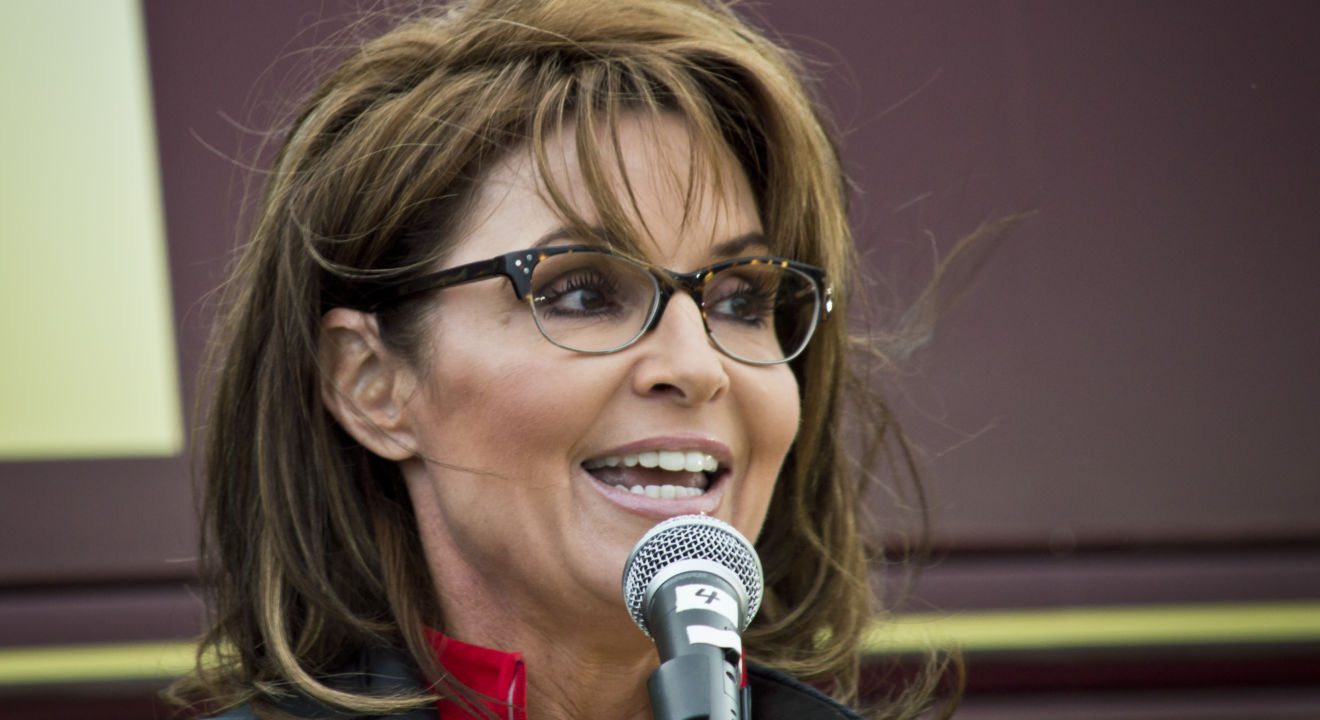Politics September 30, 2016


I sit at a dinner table surrounded by young, educated liberals. We talk about the latest iPhone release, “Game of Thrones” and then, as always, politics. I find myself disagreeing with several points being made and decide to voice my disagreement. I turn to the group and start, “Well, as a conservative-”
All faces turn my way as the word echoes around the room. “You’re a conservative?” someone asks, the word sticking in her throat like the mother of all curse words. Faces turn to me, eyebrows arched in confusion and forehead wrinkled in growing disdain.
Yes, I am a C-Word.
Having attended a liberal-leaning university, having liberal-leaning friends and working with liberal-leaning people, I learned quickly that my political identity was not to be mentioned. I wanted to be taken seriously by my friends and coworkers and for many years refused to express my stances.
“Why?” I started to ask myself recently. Why do I keep silent during political debates? Why do I zip my lips when interesting social topics came up in conversation?
I soon began to realize just how taboo it is to be a conservative, especially as a young woman.
For millennial conservatives, it is unthinkable to mention their support of conservative parties or politicians. Like myself, they find themselves shut down by liberals who automatically assume that they are far-right, gay-hating, Westboro Baptist Church-supporting conservatives.
For most of us, this couldn’t be further from the truth. Samantha Haren, 21, observes that conservatives are often seen as “anti” thinkers: anti-choice, anti-people, anti-society. She says, “I think liberals view conservatives as anti-progress simply because we define progress differently.”
Katlin Sweeney, author of “The Bench Sitter” and “Angry Young Women,” remarks that at the cores of both liberals and conservatives, they all want to “live a good life and provide for themselves and their loved ones.”
Despite these core similarities that bind every human, we are still pitted against each other. Especially this election, politics has become a war of opposites. We are told that one side is logic and compassion, while the other is ignorance and empty boasts. But we have forgotten that no one side is always right and that most people are not strictly liberal or strictly conservative.
In fact, the Pew Research Center tells us that of millennials who lean Republican, more than 50 percent actually have a mix of conservative and liberal ideals. Compare this to only 34 percent of Baby Boomers who identify as ideologically mixed.
What does this mean?
The notion of conservatism – like liberalism – is constantly evolving in the United States. There are many conservatives out there who are beginning to understand the perspectives of the left. These are the same conservatives who are doing everything they can to keep traditional values from being tossed away. And all the while, they are attacked – no matter how closely they inch to the moderate center – by those who disagree with them.
This evolution of conservatives is natural. No person or party should remain static for too long. But the rapid change we have witnessed in the last few decades is just far too fast, so fast that we don’t even have enough time to think through questions before they become law. And when we do take issue, we are often scorned by leftists, who believe without a doubt that they are in the right and we are in the wrong. They assume that our conservative ideals mark us as bigoted Republicans.
But just because you are conservative doesn’t necessarily mean you are Republican. I, for one, do not consider myself a Republican. How can I be, with a man such as Donald Trump leading the party? I am of the same mind of the dozens of senior Republican officials who called Trump out on being “alarming,” “dangerous” and “reckless.”
I know I am not the only one in a similar position. Never before have conservatives been in such a bind. Of the two options (excluding third parties), Hillary Clinton and Donald Trump, it seems that neither is eligible to run the country. I find myself unable to trust Clinton and I vehemently disagree with Trump’s uninformed comments. I cannot vote for him morally, and I cannot vote for her on principle.
Despite finding neither Clinton nor Trump suitable, I am constantly pulled from one party to another. I am branded as a woman-hater on one side and an ignorant voter on the other. This heated polarization is simply appalling politics.
Sweeney remarks on this polarity, “The frustrating reality is that all movements tend to be overpowered by the radical participants; by using the most outrageous, hate-filled, uninformed members of a movement, the opposition is able to successfully undermine it. Thus, we are all really hating the worst or extreme examples of each other’s groups, rather than taking note of how many of us actually fall in the middle of the political spectrum instead of at the polar opposite sides.”
What’s a conservative to do?
Regardless of which political identity you hold, you must accept that there is always room for change and for understanding. Sweeney says, “You can always learn from the person you are speaking to. But if you enter the conversation with the intention of converting them to your side, you have already lost the battle.”
In much the same way, Haren asserts that “No matter how biased or closed-minded either side becomes, there will always be those who are willing to listen.”
Yes, I am a woman. I am also an educated woman. But that doesn’t mean I am intrinsically inclined to be liberal. I don’t have to vote for Hillary Clinton. I don’t have to care about gender issues. But most of all, I don’t have to be a conservative by any other definition than my own.